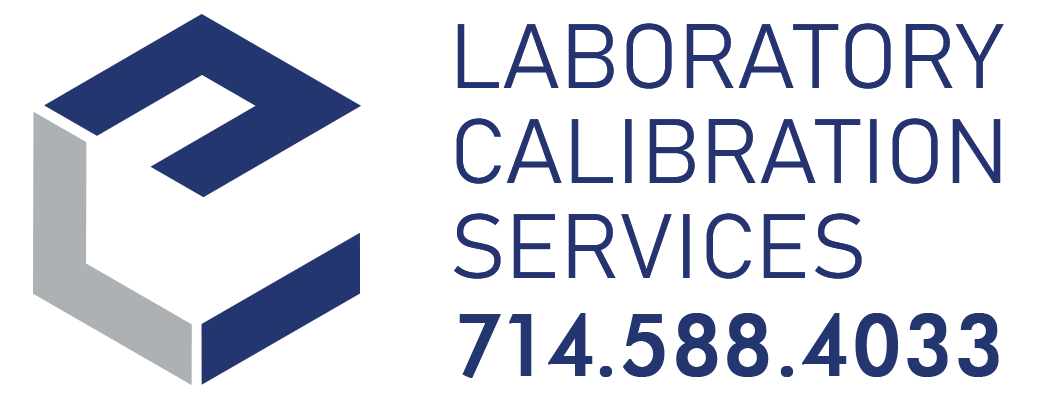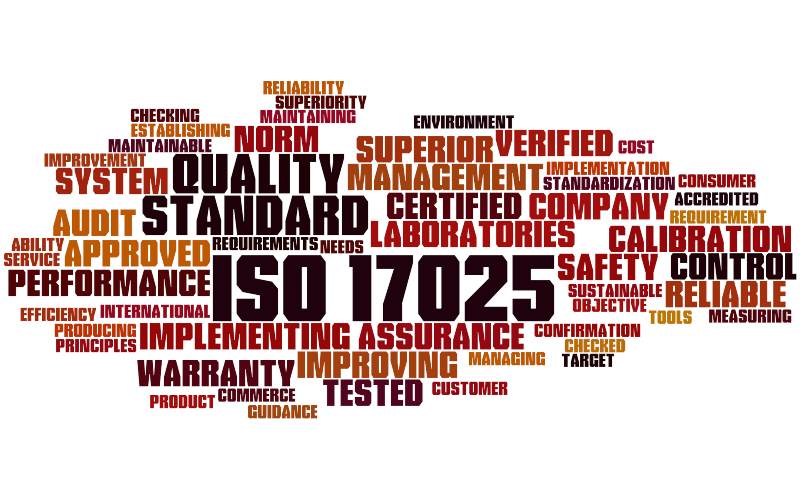Why Are Laboratory Accreditation Services Important?
In order to maintain full regulatory compliance, most laboratories are required to go through routine lab accreditation. Often, this is done by enlisting professional laboratory accreditation services, such as those offered by LCS.
Beyond regulatory compliance, lab accreditation offers a range of benefits. These benefits extend not just to the laboratory itself, but also to end users and to the general public.
What are the Benefits of Laboratory Accreditation?
So what are some of the specific benefits associated with routine instrument calibration and laboratory accreditation? Here are just a few:
- In order to become accredited, laboratories must develop strong internal procedures for quality control. This provides them with a lot of long-term benefits, as it ensures that they have the right systems and procedures in place to reduce procedural errors and to avoid bad/erroneous results from going out the door.
- Additionally, the accreditation process provides the lab with a credential, denoting it as a facility that has been thoroughly vetted and found to be reliable. This can offer a significant boost to the lab’s stature, and to the value of their findings, results, or other output.
- Another benefit to lab accreditation is that it provides the lab with an excuse for routine “check ups.” This allows the lab manager to routinely assess internal procedures, spot little errors or lapses, and focus on ongoing improvement.
- Something else to keep in mind is that many markets now require labs to be accredited; so, by pursuing accreditation, labs can gain entry to fields that would otherwise be closed to them.
- Sometimes, if your laboratory is not accredited, you may have clients who wish to audit and review your procedures themselves, before they agree to do business with you. You can avoid this by getting accredited, and thus improve your standards of productivity and efficiency.
- The accreditation process can also be an important tool for staff development, as it forces lab employees to remain on the cutting edge of technology, safety standards, etc.
- Along the same lines, the accreditation process can ensure a better performance from all employees. Accreditation requires routine assessments, which can encourage your lab staff to be self-disciplined and professional.
- There may also be some financial incentives to getting accredited. For example, accreditation can often help a laboratory secure lower premiums on its liability insurance.
- Maintaining accreditation requires measuring instruments to be well-calibrated at all times, which not only helps enhance accuracy and reliability, but can also extend the lifespan of your equipment.
Additional Benefits to Laboratory Accreditation
It’s clear that accreditation can benefit labs, but also keep in mind that it is an advantage to the lab’s end users. That’s because the end user has greater confidence in the lab’s output, knowing that the output was produced by a competent facility that has been carefully, independently vetted.
This benefit extends not just to the general public, but to other labs, manufacturers, and government bodies that may wish to use the lab’s results.
Learn More About Laboratory Accreditation Services in California
At LCS, we are one of the most trusted names in laboratory accreditation services in California. We can help your lab with the calibration of equipment, helping you prepare for the audit and accreditation processes.
We provide a range of temperature calibration services, pressure gauge calibration services, and beyond. We have decades of experience and can provide our services either on-site or off. Additionally, we offer fast turnaround times and full documentation for all our work.
We’d love to tell you more about our services in accreditation and calibration. Reach out to LCS whenever you’d like to chat.

